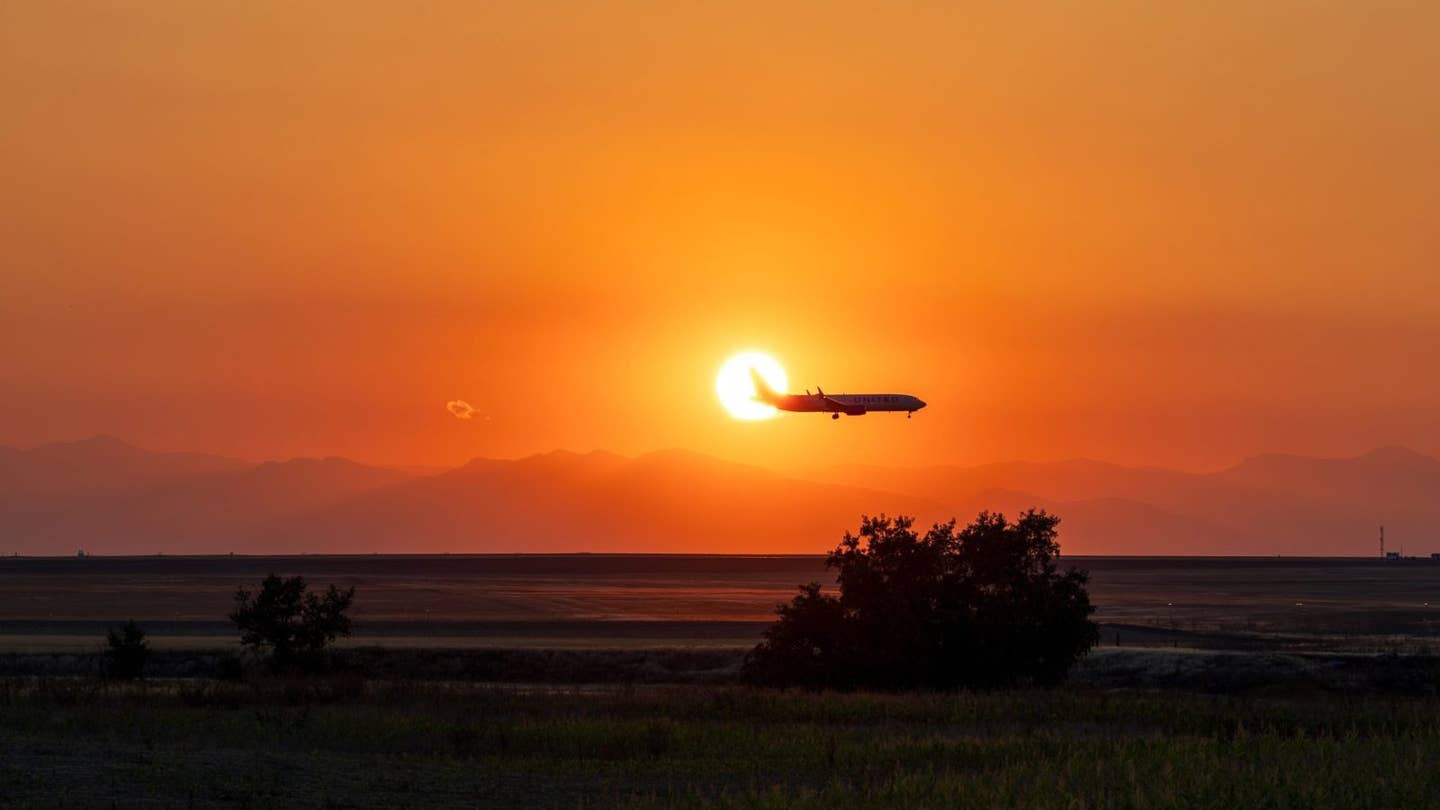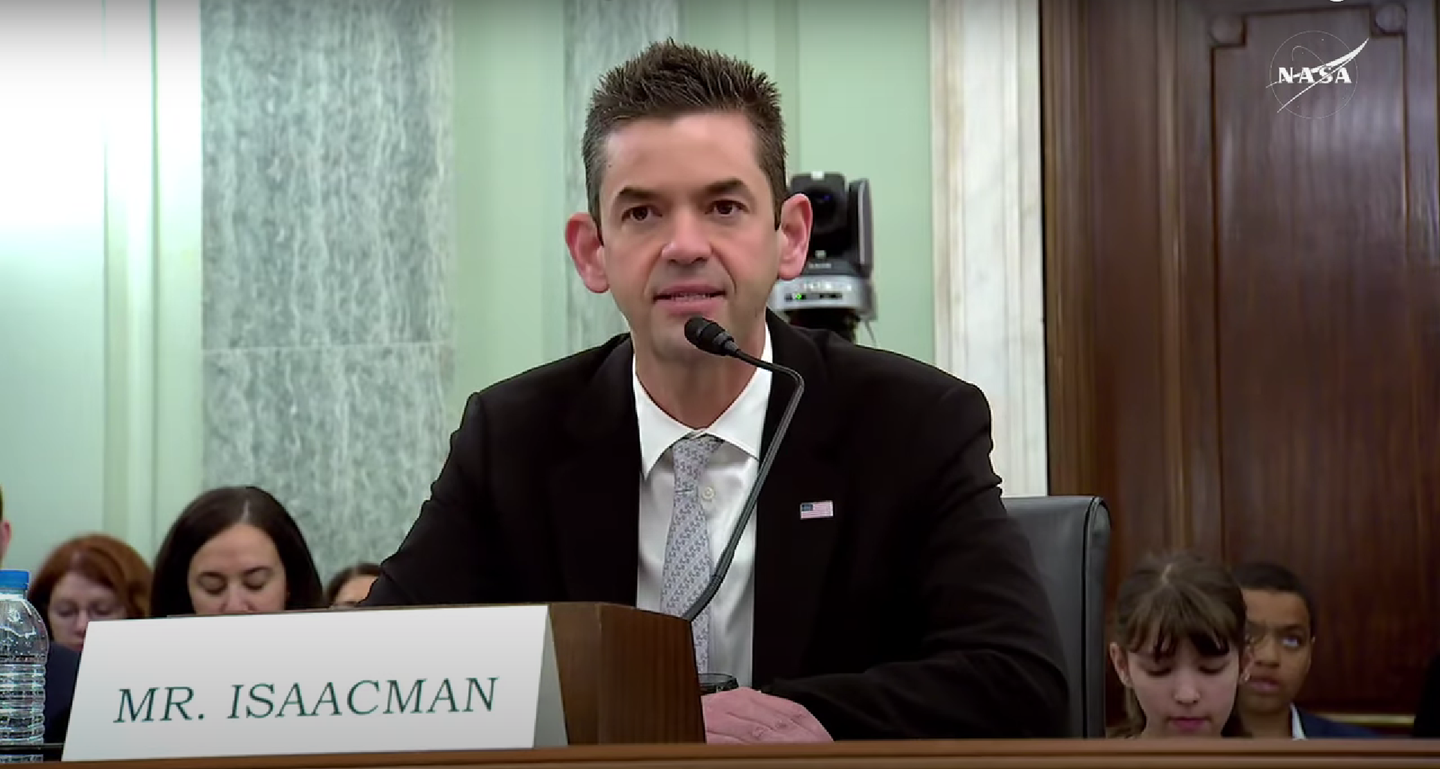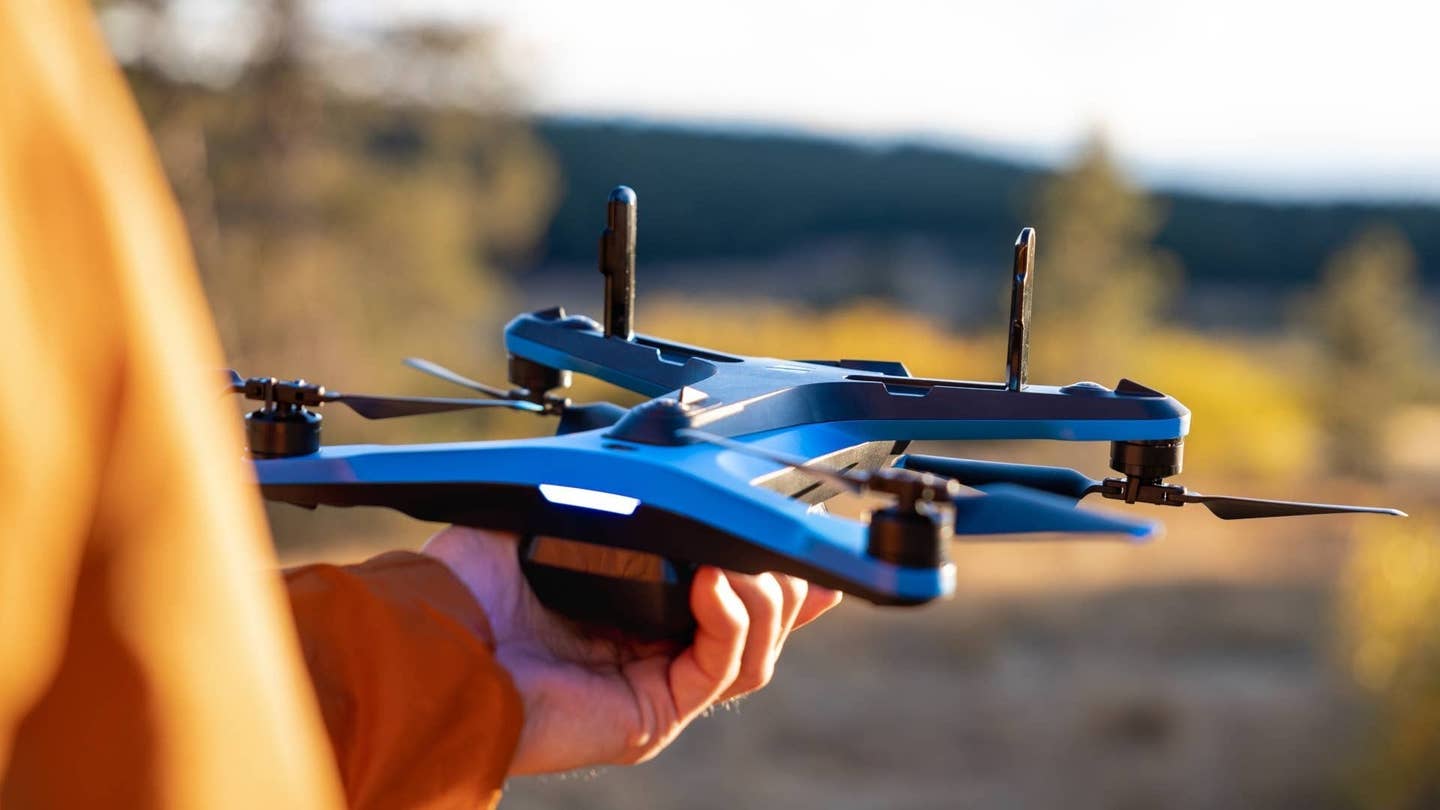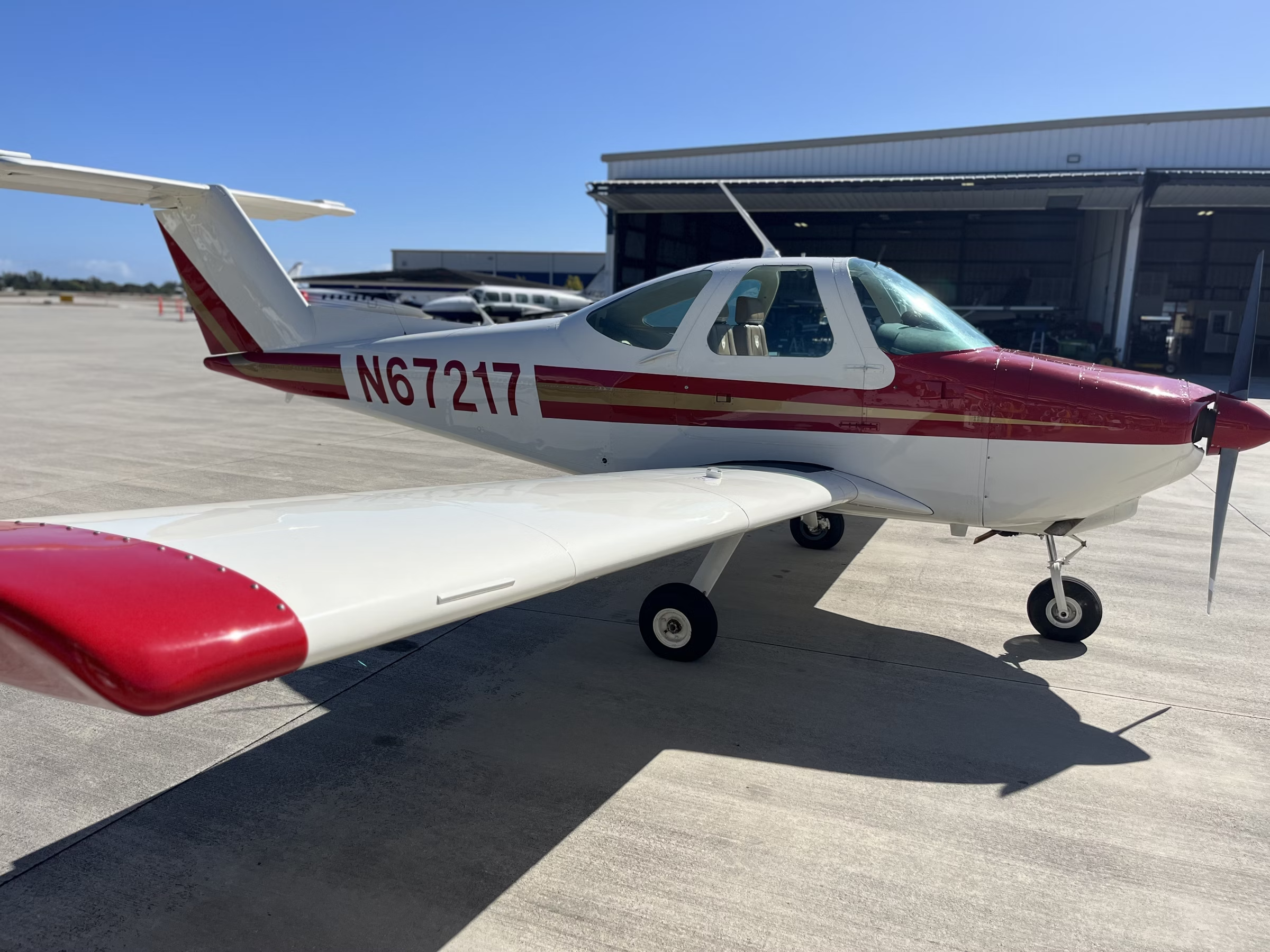ADS-B Data Being Used ‘Outside Intended Purpose,’ GA Pilot Group Says
Pilots are facing ‘frivolous lawsuits,’ airport fees, and agency investigations based on data, according to the Aircraft Owners and Pilots Association.
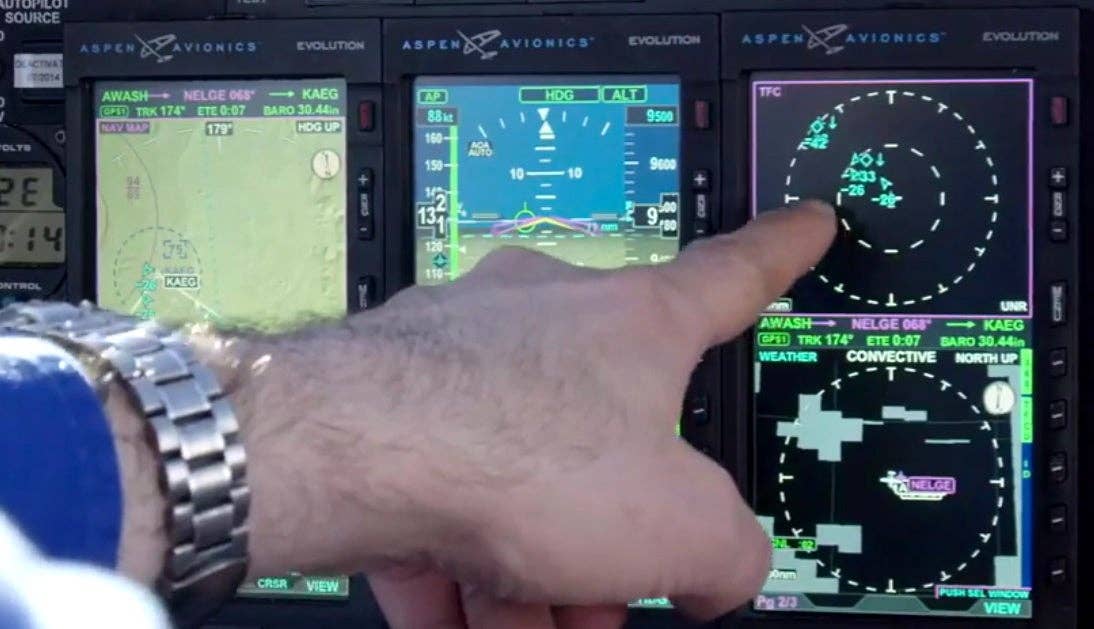
ADS-B equipment self-reports an aircraft’s position. [Credit: Aspen Avionics/ FLYING file photo]
When the FAA announced the requirement for the use of Automatic Dependent Surveillance-Broadcast (ADS-B) for GA aircraft, pilots were told this technology would increase aviation safety, as it would replace radar as the primary means for ATC to manage traffic separation.
Instead of having a person watch a radar scope for targets, the GPS on board and ADS-B equipment self-report the aircraft's position and lets the pilot know the whereabouts of traffic around them. And it has been doing that since its implementation in 2020.
Some pilots, however, are complaining that the FAA's use of ADS-B information is a violation of privacy.
On Tuesday Aircraft Owners and Pilots Association (AOPA) president and CEO Darren Pleasance sent a letter to acting FAA Administrator Chris Rocheleau "urging the agency to halt the use of ADS-B data in ways that go beyond its original intent." Pleasance said that AOPA initially supported the FAA’s ADS-B mandate in 2020, “as we were assured ADS-B would only be used to improve air traffic safety and airspace efficiencies."
Since then, however, AOPA has heard from its members who have been subject to what it called "frivolous lawsuits" for trespassing and FAA investigations based on information gleaned from ADS-B data.
"We are now seeing FAA enforcement actions based on ADS-B data to prevent legal water landings or frivolous lawsuits where complainants are suing for nuisance, trespass, and intentional infliction of emotional distress for aircraft flying at 4,000 feet agl in full compliance with FAA requirements," Pleasance said. "Pilots are now being forced to pay expensive legal fees to defend themselves against these questionable enforcement actions and frivolous lawsuits. Moreover, a cottage industry of companies contracting with public-use airports are now using ADS-B data to collect airport fees from general aviation pilots. As you can understand, these actions carry potential safety and individual privacy concerns that must be addressed."
Pleasance acknowledged past efforts on the part of the FAA to address ADS-B privacy, specifically the Limiting Aircraft Data Displayed (LADD) program and the Privacy ICAO Address (PIA) program.
"Congress also recently took a positive step to further limit the uses of ADS-B data for certain enforcement actions in last year’s FAA Reauthorization [Act]," he said.
An FAA spokesperson did not respond to FLYING's inquiries about the use of ADS-B for enforcement purposes but addressed airport fees.
“Airport operators, such as municipalities, commonly develop landing fee schedules,” the spokesperson said. “Landing fees are often a primary source of revenues for airports. There is no FAA restriction on collecting landing fees, but the FAA requires the fees to be reasonable and equitably applied across similar users.”

Sign-up for newsletters & special offers!
Get the latest FLYING stories & special offers delivered directly to your inbox

